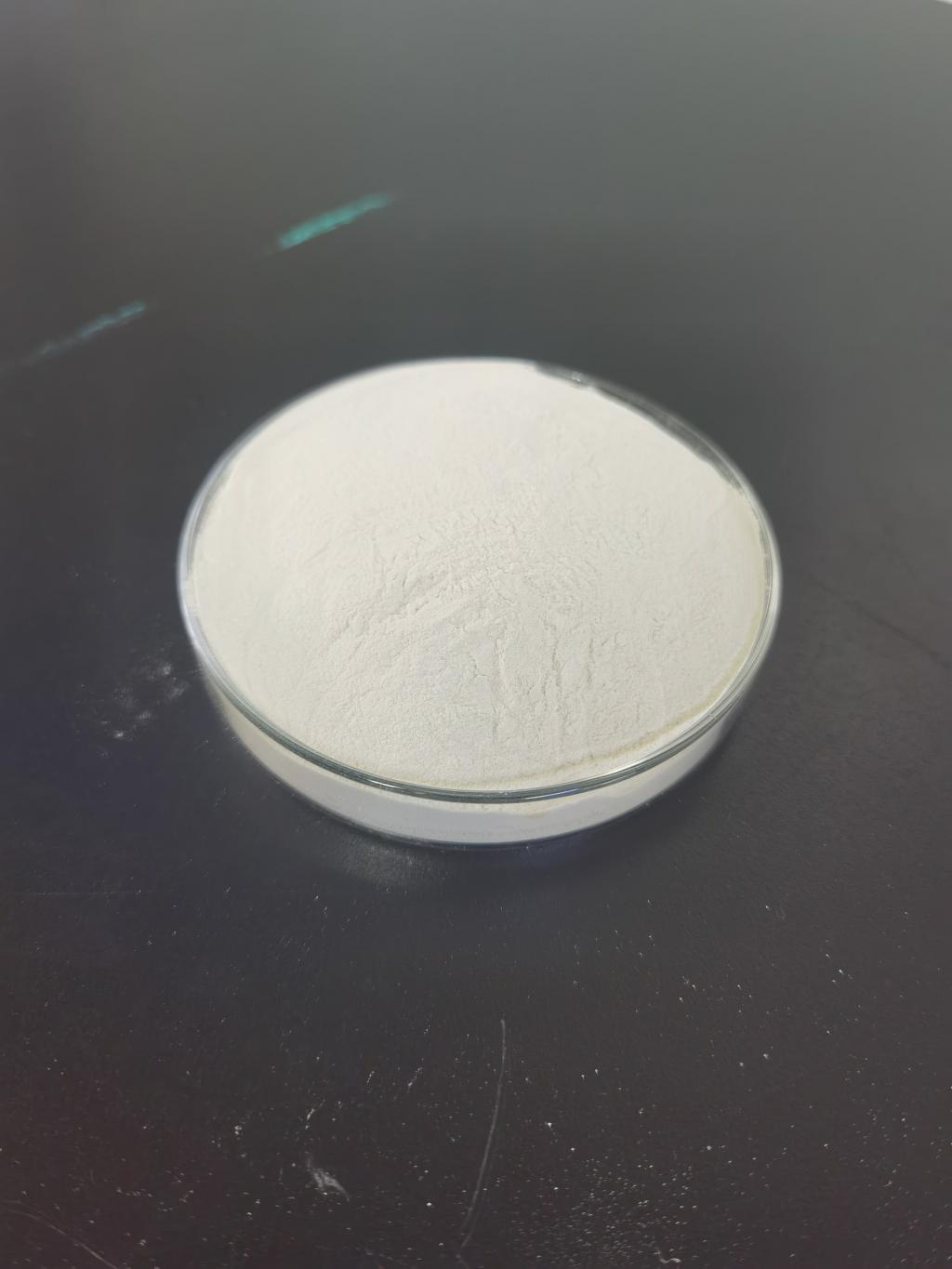Tel:+8618231198596

News
 CONTACT
CONTACT
 CONTACT
CONTACT
- Linkman:Linda Yao
- Tel: +8618231198596
- Email:linda.yao@dcpharma.cn
- Linkman:CHARLES.WANG
- Department:Overseas
- Tel: 0086 0311-85537378 0086 0311-85539701
News
Current Position:
Home >
News
>Are there any studies on the compatibility of Nisin with food processing techniques?
Are there any studies on the compatibility of Nisin with food processing techniques?
TIME:2023-07-07
Introduction:
Food processing techniques, such as high-temperature sterilization and fermentation, are essential for ensuring the safety, shelf life, and organoleptic properties of food products. The compatibility of nisin, a natural antimicrobial peptide, with these techniques is of great interest due to its potential to enhance microbial control and improve food safety.
Nisin: Overview and Properties:
Nisin is a cationic antimicrobial peptide produced by certain strains of Lactococcus lactis. It exhibits broad-spectrum activity against gram-positive bacteria, making it an attractive option for controlling foodborne pathogens. Nisin's mechanism of action involves binding to the bacterial cell membrane and disrupting its integrity, leading to cell death.
Compatibility with High-Temperature Sterilization:
High-temperature sterilization processes, such as thermal processing and retort sterilization, are widely employed in the food industry to eliminate microbial contaminants. Studies have investigated the impact of high temperatures on the antimicrobial activity and stability of nisin. While nisin retains its antimicrobial efficacy during high-temperature processing, exposure to prolonged and extreme heat can result in a gradual loss of activity. Proper formulation and processing parameters must be considered to optimize nisin's stability and antimicrobial effectiveness during high-temperature sterilization.
Compatibility with Fermentation:
Fermentation is a traditional food processing technique that involves the use of microorganisms to transform raw ingredients into various products. Nisin compatibility with fermentation processes has been extensively studied, particularly in dairy and meat products. Nisin production by Lactococcus lactis during fermentation has been reported, providing an inherent means of delivering nisin to the final product. However, the activity of nisin can be influenced by the pH, temperature, and specific microorganisms involved in the fermentation process. Optimization of fermentation conditions is necessary to ensure the desired antimicrobial activity and functionality of nisin in fermented foods.
Implications and Challenges:
5.1. Formulation and Dosage:
The formulation of nisin-based products and the determination of appropriate dosages are critical for achieving optimal antimicrobial effects. Factors such as pH, temperature, and presence of other food components can influence the stability and activity of nisin, necessitating formulation adjustments to maintain its efficacy during food processing.
5.2. Regulatory Considerations:
The use of nisin as a food ingredient must comply with regulatory guidelines and maximum allowable concentrations. Harmonization of regulations is necessary to facilitate the global application of nisin in food processing techniques.
5.3. Sensory Impact:
Nisin, when used at higher concentrations, may impart a slight bitterness or metallic taste to certain food products. Sensory evaluations should be conducted to assess the acceptability of nisin-treated foods and ensure consumer satisfaction.
Conclusion:
Nisin exhibits compatibility with various food processing techniques, including high-temperature sterilization and fermentation. Its stability and antimicrobial activity can be influenced by processing parameters, formulation, and the specific food matrix. Understanding the impact of these factors is crucial for harnessing the full potential of nisin as a natural antimicrobial agent in food processing operations. Further research is needed to optimize nisin formulations, dosage levels, and integration strategies to ensure effective microbial control without compromising sensory attributes or overall product quality. The successful implementation of nisin in food processing can contribute to enhanced food safety and prolonged shelf life of a wide range of food products.
- Tel:+8618231198596
- Whatsapp:18231198596
- Chat With Skype







